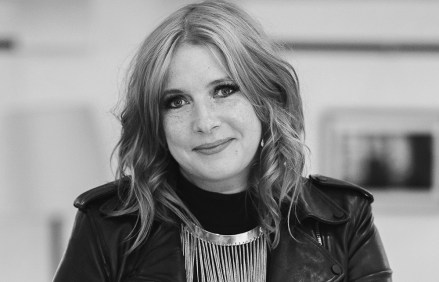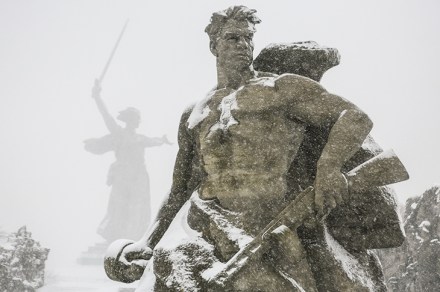At home in the multiverse: Bridge, by Lauren Beukes, reviewed
Lauren Beukes is a writer who puts cerebral propositions into breakneck thrillers: structural misogyny in The Shining Girls; the flipside of patriarchy in Afterland. In Bridge, she investigates the depressive’s favourite hypotheticals – could have, should have, would have, might have. The protagonist is Bridget, whose mother, Jo, has recently died from brain cancer. Jo was a scientist, interested in rather eccentric ideas, and has bequeathed Bridget a problematic legacy. It seems as if Jo had found a way, using harmonics, visual stimuli and an odd, worm-like thing (think fungus or parasite or the nematode in a tequila bottle) to access other realities. Through trial and error, Bridget manages to



